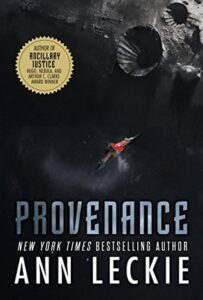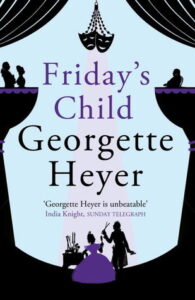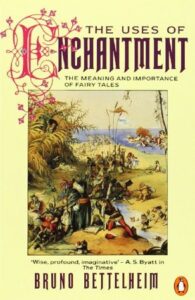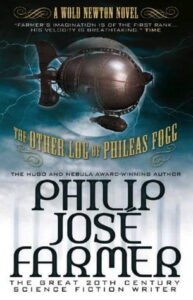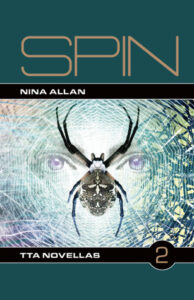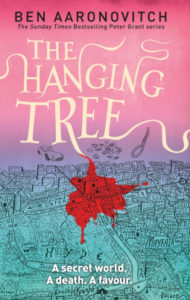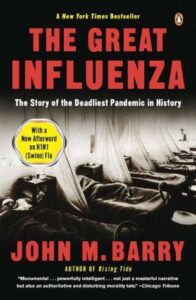 The Great Influenza, John M. Barry
The Great Influenza, John M. Barry
Whew. The Great Influenza is a heck of a read: there’s a lot of information, and it takes quite a while to get to the actual point of the epidemic, because first it covers certain aspects of medical history. As with so many books like this, in places it becomes a sort of biography of the greats who were involved — it’s going to be interesting to see pop-science deal with the increasingly team-based approach to science, without central characters to pin the narrative on. In many ways, this is more history than science, though it does go into the discovery of the actual cause of influenza, the (lack of) treatments available then and now, the effects it has on the human body, etc. Still, it’s also very much about public health policy and medical practice: it is not just “oooh cool a deadly pathogen”.
Which, if you’re scoffing and thinking that flu isn’t a deadly pathogen, do think again. Even seasonal flu can kill those who are weakened in some way, or unlucky, and the 1918 flu killed from 50 to 100 million people in the years the pandemic ran through (about 1918-1920, to the best of my understanding). It’s difficult to predict how flu will mutate, because it does so all the time, and there are various different strains active in the population at different times. It’s also present in other host species, meaning we can cross-infect our livestock and pick up infections from them.
Flu is a problem, and it was a huge problem back in 1918 without so much commercial flight and recreational travel. The way it swept the globe then is nothing to what it could do now if we’re complacent. If you’re blasé about the potential of a flu pandemic like H1N1, I recommend this to change your mind.
There’s a lot of gory detail here about how the 1918 flu killed, alongside the more sterile descriptions of lab experiments and the dry series of events, and the nitty-gritty of how the influenza virus invades a host cell. It’s not exactly a thrilling read unless you find the topic truly fascinating (I do), but there is a lot here of interest.

